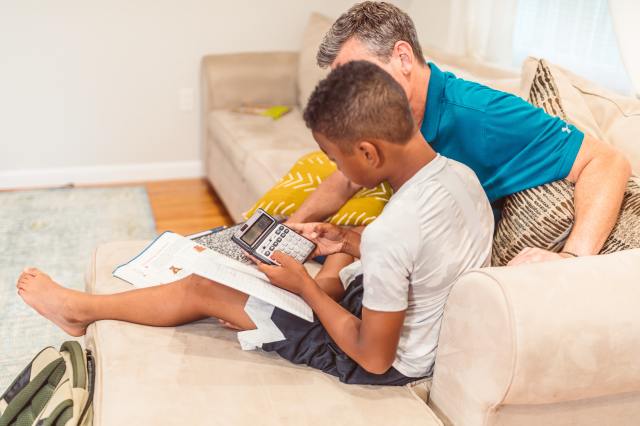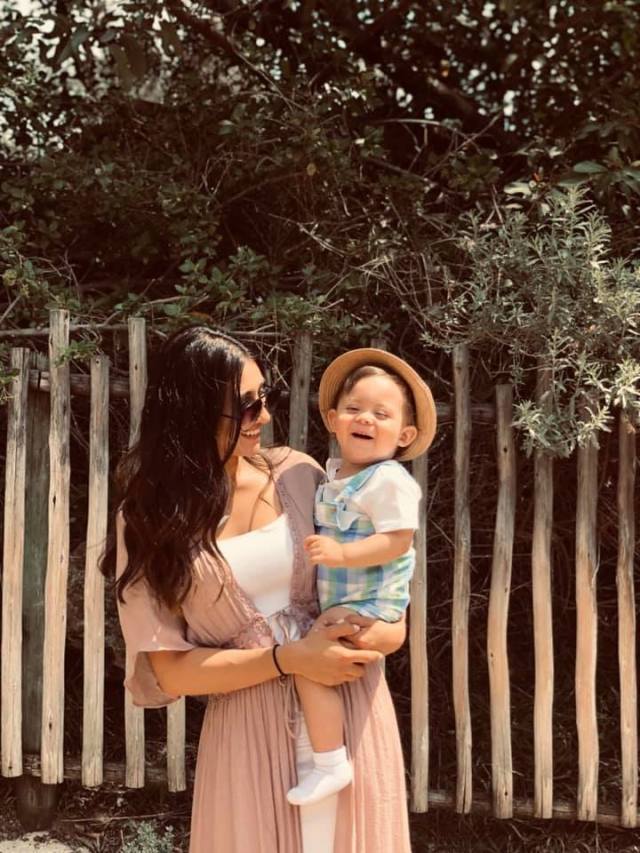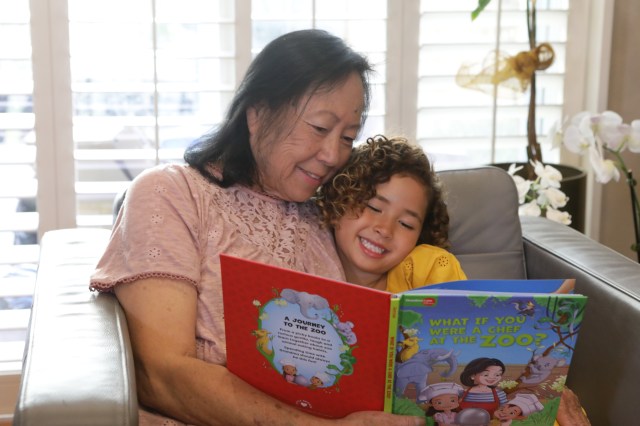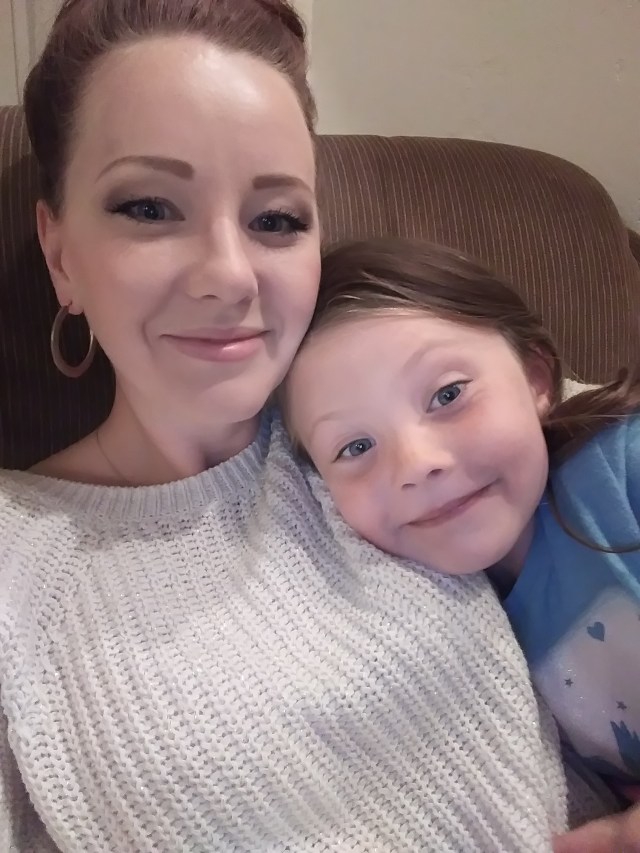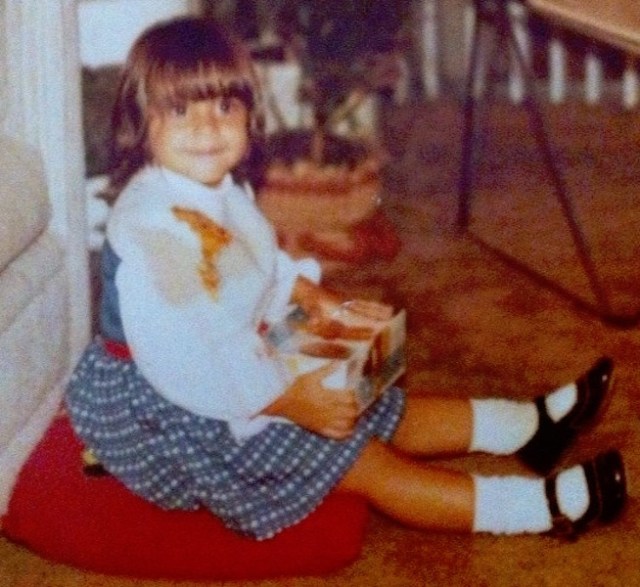Dear Confessional,
I’m sorry, but life is not “like a box of chocolates,” because if it were, then each bite would be sweet and probably not last more than 10 minutes in my hands (especially if they were filled with caramel). Life, perhaps, is more accurately depicted as that Jelly Belly BeanBoozledⓇ game where you have to spin the dial and manage through your pick—barf, juicy pear, spoiled milk, lime, rotten egg, coconut, etc. Not every experience in life is “strawberry” and “peach.” Some days are just plain “spoiled milk” and “moldy cheese.”
Yes, every day is truly a gift, on both the good days and the ones that feel like a “booger” pick. Whether you spin the dial and life lends you a sweet or foul hand, each moment is a small part of your vast journey in experiencing, feeling, learning, growing, and then back again. Reflecting back on my likely relatable lessons learned in each stage of life, I have received both the tasty and foul jelly beans, too. That is why I feel the need to share this account of my personal rainbow of flavors that I have tasted in each stage of life.
“Coconut” childhood Always trust your instincts and speak up when you need to, right away. Don’t ever feel less than anyone. You are important, smart, and worthy. When you start writing and publishing your first works of poetry, let nothing stop you. You are boundless with possibility if you truly want it. When school work starts to get you down, find a different way to study and learn. Your will to succeed and effort are far more important than the score. Do your best always, and that will be good enough.
“Barf” note to self: When you don’t like your dinner, don’t think you can fool your parents by hiding your bites in a napkin or pushing the food into really small but very tall piles. They always know!
“Tutti-Frutti” teenage years Even when your body doesn’t change as quickly as your friends’, it will happen. Stop rushing it and give it time. Let your full personality bloom to others. Don’t measure yourself so much by school scores and exam results. True success comes from your determination and passion to succeed in what you love—not from a number.
“Stinky Socks” note to self: Please stop picking any zits. Your skin is beautiful and will self-heal—so hands-off—and take out any stress through your writing, not on yourself. When you look back at this time later, you will really appreciate your flawless skin.
“Chocolate Pudding” college life Love yourself more and criticize less. Stop wearing makeup, you don’t need to hide behind a layer of foundation. Wear that bikini with pride—no stretch marks, cellulite, stretched-out skin, or wrinkles yet—and stop worrying about that thigh gap! Your financial struggle will bring out the greatest work ethic and inner strength that you will carry always. You will find a way to pay for school, a car, living expenses, and manage to save a bundle, all while taking a full load of classes and two internships. This work ethic is more valuable than the schooling itself, so stop worrying about the scores and keep pushing on.
“Rotten Egg” note to self: After you discover $5 pizzas, freshman year, and your dream guy asks you on a date, DO NOT squeeze into those black corduroy pants! You will regret bending down. Buttons will pop and tearing sounds will haunt you. He’ll still marry you, though, shameless appetite and all.
“Caramel Corn” career Follow your dreams and don’t settle. Even if you don’t get the job you were hoping right away, don’t stop until you do what you love. The money will come when you don’t give up—work hard and plan your dream into reality. You are worthy, so don’t ever let any manager speak down to you, ever!
“Dead Fish” note to self: You don’t make a good first impression by going cross-eyed and bobble-head sleeping during your first Board of Directors meeting. Your boss WILL take a picture. Get more sleep!
“Strawberry Banana Smoothie” marriage Don’t worry about everything being perfect on your wedding day because the unexpected will undoubtedly happen. Enjoy every second of your special day, soak it all in, and wear flats instead of those fancy high heels. Marriage is incredible and also takes work. Be honest and respectful always. Never go to bed angry. Stop being so stubborn, and admit when you’re a pain and apologize. Don’t forget to keep it hot—less flannel pyjamas and more slinky things, even on “fat” days. He always thinks your sexy, so stop worrying about that post-broccoli bloatation.
“Baby Wipes” note to self: When tensions rise, feed him or let him nap immediately! The hungry and tired combo is lethal.
“Peach” pregnancy Being pregnant is awkward, uncomfortable, tiring, nauseating, and also such an incredible and miraculous blessing. Enjoy every second, because when you’re truly done having kids, you’ll know it—and then you’ll feel old. After each baby, don’t self-shame over your awkward figure for a while. Your body will need time to heal and your emotions time to settle before you get the proper portion and over-carbing issue in check. Give yourself a full year to get back into your pre-preggo body. When it’s time to have each baby, don’t be stubborn—listen to your body and your instincts. Sometimes, your intuition is far greater than a nurse’s or doctor’s assumption.
“Toothpaste” note to self: You don’t need to eat the entire cake, the scale doesn’t lie.
“Berry Blue” mom Being a first time mom is hard. You will be so tired. You will have a hard time asking for help. Sleep more and recharge. You are NOT a machine. Don’t over-sanitize everything—pass around the baby more. Stop micro-managing and let others find their own way. Opinions are just that, opinions—take them or leave them. Don’t use pantry-prowling and shovelling food in your face as an excuse for a break. Remember that when your child melts down, don’t crumble with her. Be the calm in her storm. Be the confident and compassionate one until the dark clouds clear. It is the only way. When the kids argue, let them. Don’t always try and fix everything, it is not your battle. Give them the tools to repair, heal, and step away. Learn from them, as they have so much to teach you.
“Skunk Spray” note to self: Enjoy bringing your baby to the supermarket because when they’re all in school, you won’t have anyone to blame when you pass gas.
“Lime” back to ME time Having a free moment once all kids are in school will feel strange and will take some time before you stop looking over your shoulder or automatically opening all of the car doors every time you get in or out of the minivan. Take the time to find yourself again. Pursue your true dreams in the few hours you have—you will be surprised by how fast it happens. Wear your body like a badge of honor—you did create four miracles with it. You are not perfect and don’t need to pretend to be. Be real. Be honest. Be selfless and kind, and teach your children the same. They are always watching. Don’t live with guilt or regret. Do what you love and show others how much you appreciate and love them. “You are your own perfect imperfection.”
“Booger” note to self: Really try and get more sleep because your wide-gapped mouth will appear both frightening and morbid when you fall asleep in the passenger seat or airplane. Even though it’s the law of gravity, people WILL stare, take pictures, point, and laugh.
Enjoy the journey and keep learning. Even in the moments that may taste like “canned dog food” or “lawn clippings,” you never know what you’re going to get.
Take every moment with patience, open-mindedness, and willingness to understand—and always remember to laugh, hug, and find thankfulness in any situation.
Remember, it’s not about the flavor of the bean that your dealt with, but rather the experience, the laughter, and the company that makes it all worth while during the game.
With Love,
Ruthi
Photo: Ruthi Davis Photography
Ruthi Davis is a the Founder of Ruth Davis Consulting LLC with over two decades of success in advertising/marketing, media/publicity, business development, client relations, and organizational optimization for a variety of clients. Ruthi is a proud mom and influencer in the parenting and family market as founder of the Superfly Supermom brand.















